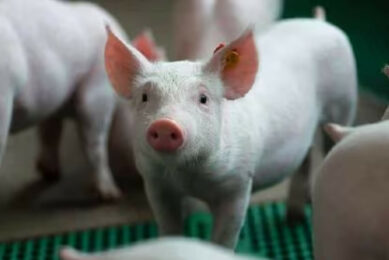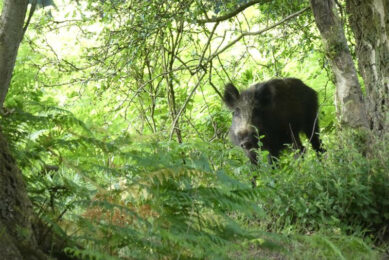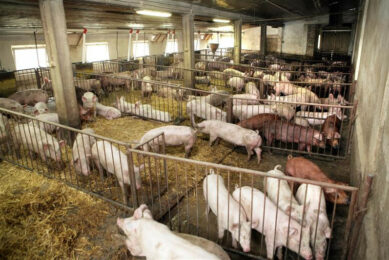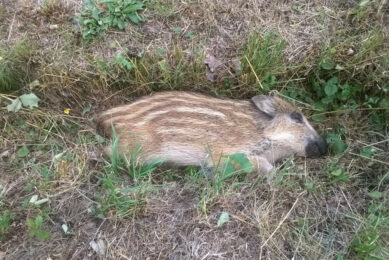ASF China: Slaughterhouse controls are tightened
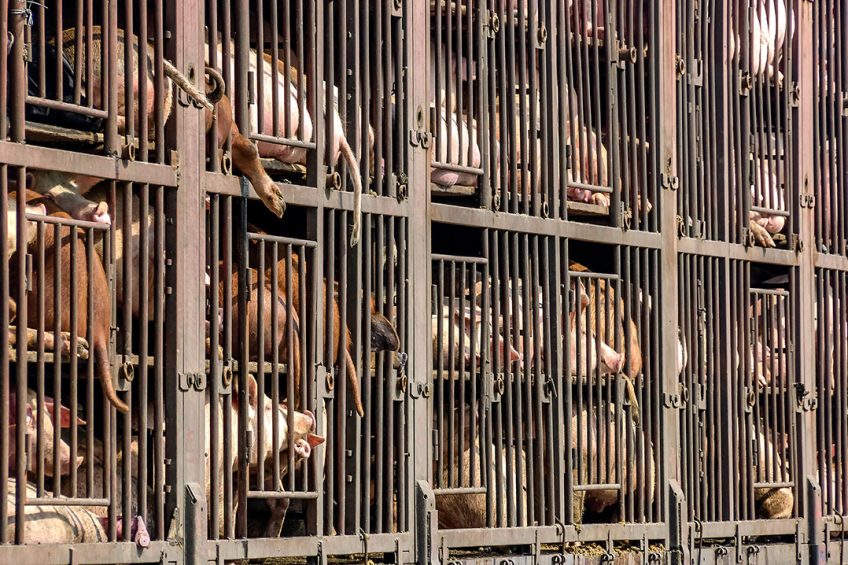
The Chinese authorities have released new guidelines for slaughterhouses to step up its actions to detect African Swine Fever (ASF) infection in carcasses.
The Chinese Ministry of Agriculture and Rural Affairs (MARA) recently released the notice ‘Strengthening ASF detection during slaughter’, which effectively recognised that the detection of the virus during the slaughter process is an effective means to cut off the route of virus transmission. The task for these slaughterhouses will be to conduct self-inspection by using PCR.
3 deadlines for pig slaughterhouses
The authorities set 3 different deadlines, depending on the size and importance of the slaughterhouses:
• April 1: Slaughterhouses doing cross-provincial sales of pig products, having over 100,000 head/year, and integrated pig slaughtering and processing enterprises;
• May 1: Slaughterhouses having over 50,000 head/year;
• July 1: All other slaughter companies.
Local veterinary authorities will be guiding the slaughterhouses building laboratories that meet the technical requirements for PCR testing, to supply reagents and to train technicians. Attention will be paid to e.g. the pre-testing of blood samples, the spotting of lesions typical for ASF, immediate production stop once ASF is being detected and where to report outbreaks to and how to obtain compensation for the lost batch of pigs. The new guidelines also clearly state what will happen in case of fraud.

Read more about pig health issues in the Pig Progress Health Tool
Prior to July 1, all slaughterhouses will be inspected at provincial levels. Should the slaughterhouses fail to meet the requested standards, then its qualifications can be withdrawn, MARA wrote. The ministry added: “It is necessary to encourage slaughter enterprises to establish scales through mergers and reorganisations, to enhance the scale, procedures and qualifications.”
Provincial subsidies to help restocking farms
On farm level, things should be picked up quickly again. So much can be concluded from the urge by the Chinese authorities to rapidly restock large farms again. According to press agency Reuters, late last week MARA urged provincial agriculture departments to release temporary subsidies for breeding farms ‘as soon as possible’ to help them resume production. According to the press agency, however, many farms would be unwilling to restock at this moment in time.
ASF in China: 118th case reported
It is generally accepted that the ASF situation in China is much worse than official figures indicate. Only from time to time, the Chinese authorities confirm outbreaks to the World Organisation for Animal Health (OIE) – it is unclear why exactly these particular reports are being communicated. The latest outbreak the Chinese authorities officially communicated about was a case outbreak on a relatively small farm near Chongqing, which was detected on March 17. This farm had 91 pigs of which 9 animals had fallen ill and 6 had died. In total, the Chinese authorities have now communicated 118 cases to the OIE.
Last week Reuters released an article about a likely ASF case on the Xinda Husbandry breeding farm in northern China. Essentially, the article touches on the difficulty of getting cases independently verified in China.
ASF in Vietnam
Neighbouring Vietnam in the meantime continues to report ASF outbreaks as well. On Monday, the virus was confirmed in Bac Giang province, in the north of the country. The province is the 21st to report ASF ever since the outbreaks were confirmed in Vietnam last month. The virus was confirmed in a village having 108 animals. In total, the Vietnamese have reported 208 outbreaks to the OIE. According to the UN Food and Agriculture Organization (FAO), by now 46,600 pigs have been culled in Vietnam as a result of ASF.



